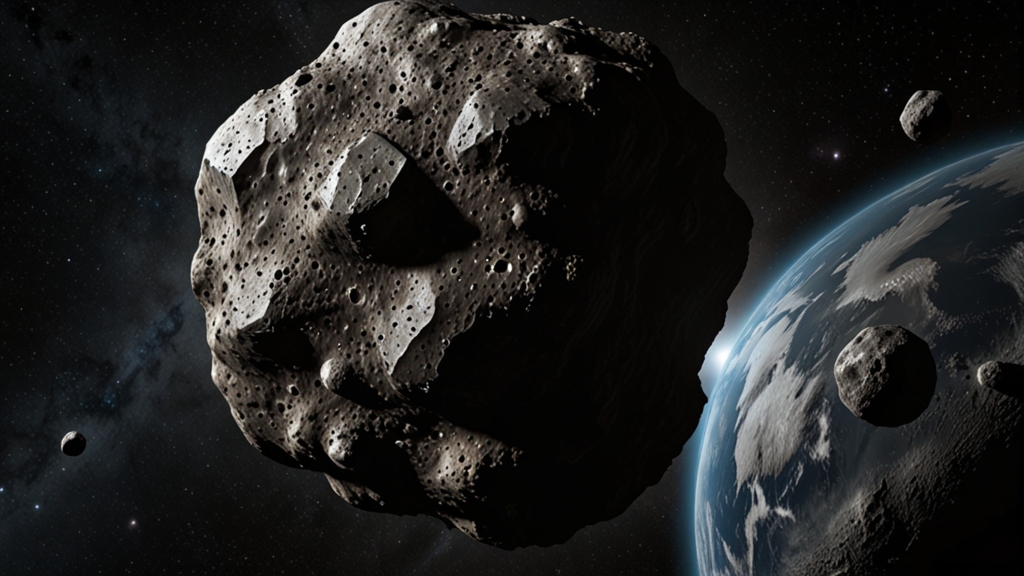The Most Controversial Creation Stories Across Cultures
Creation stories form the backbone of understanding for various cultures, providing insights into how different civilizations conceived the beginning of the world and life. While these tales are often rich and enlightening, some have sparked significant controversy, either due to their inherent nature or through their interpretations over the centuries. This article delves into some of the most contentious creation myths from around the globe.
The Book of Genesis - Judeo-Christian Tradition
The Book of Genesis, found in the Bible, is undoubtedly one of the most well-known creation stories. It describes how God created the world in six days and rested on the seventh. The account starts with an omnipotent being creating light, sky, land, and life, culminating in the creation of man and woman, Adam and Eve.
The controversy here primarily revolves around the tension between this creation account and modern scientific explanations such as the Big Bang Theory and Evolution. The literal interpretation of Genesis versus a more metaphorical or allegorical understanding has led to heated debates within religious communities and between science and religion.
Additionally, the roles and origins of Adam and Eve have been the subject of much theological and feminist critique, questioning the implications of these narratives on gender roles and original sin.
Enuma Elish - Babylonian Mythology
The Enuma Elish is the Babylonian epic of creation, which dates back to the second millennium BCE. This myth describes the god Marduk's battle against the chaotic sea goddess Tiamat, eventually leading to the creation of the world from Tiamat's divided body. Human beings are later created from the blood of Kingu, another god.
Controversy arises from the violent and warlike nature of this creation myth. The notion of creation emerging from conflict and dismemberment starkly contrasts with more harmonious creation stories. Additionally, the epic has been scrutinized for its patriarchal overtones, as the male god Marduk violently subdues the female Tiamat.
The Enuma Elish also presents cultural significance by highlighting the victorious rise of Marduk, aligning religious narratives with the sociopolitical ascendancy of Babylon.
Popol Vuh - Mayan Religion
The Popol Vuh is a foundational text of the K'iche' Maya people, detailing their creation myth along with various historical and mythological narratives. According to the Popol Vuh, the gods attempted to create humans multiple times, first from mud, then from wood, and finally from maize, which was deemed successful.
This tale has sparked controversy for its depiction of creation through trial and error, challenging the concept of infallible deities. Moreover, the anthropocentric focus on maize reflects the agricultural centrality in Maya life, which has intrigued and sometimes baffled scholars accustomed to more omnipotent portrayals of deities.
The Popol Vuh also provides a rich tapestry of deities and heroes, but some interpretations have been accused of Christian influences due to the text being recorded by Spanish priests, thereby stirring debates about its authenticity.
Yoruba Creation Myth - African Mythology
In the Yoruba tradition, creation is attributed to the gods Obatala and Oduduwa. According to the myth, Obatala, with the permission of the supreme god Olodumare, descended to the earth to create land and human beings. However, due to an inebriated state, Obatala fails, and Oduduwa completes the act of creation.
The controversy here often lies in the interpretation of the gods' roles and the implications of Obatala's failure due to intoxication. This tale juxtaposes divine intention with human vulnerability, sparking discussions about the imperfections of deities and their anthropomorphic traits.
Additionally, the narrative involves a complex interplay of destiny and agency, inviting philosophical and theological debates within and outside the Yoruba culture.
Conclusion
Creation stories offer profound insights into the values, beliefs, and concerns of different cultures. However, their inherent nature invites controversy, whether through their interpretations, the behavior of their deities, or their implications on human society. Understanding these myths relatively and contextually can provide a broader appreciation of the diverse tapestry of human thought and spirituality. While these stories may be contentious, they are vital in our quest to understand humanity's origins and its place in the cosmos.









